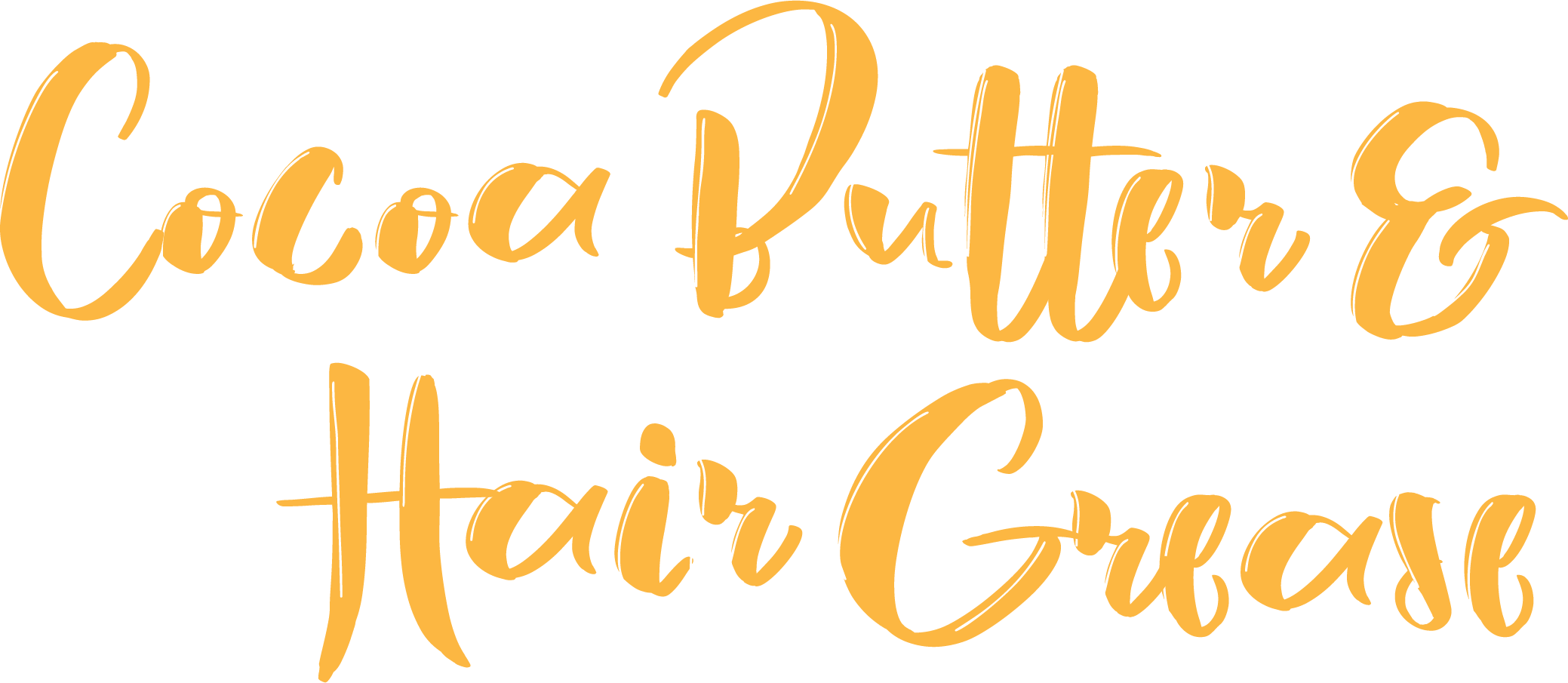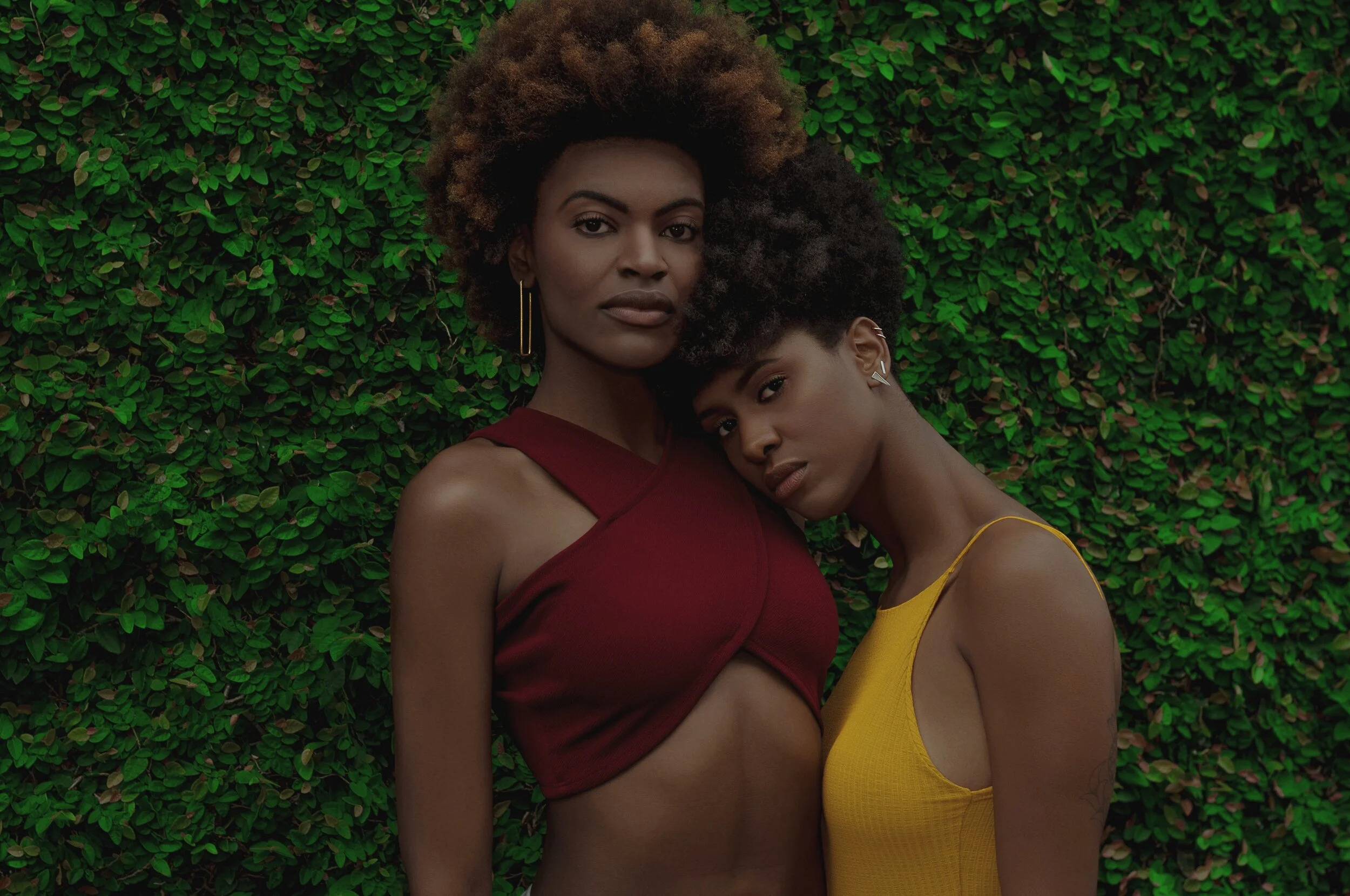The Black Card: Tales of a 3rd Culture Kid
Written By: Antoinette Lee Toscano
Do you have a friend that’s always acting like a “white girl?” She’s the one that shows up at mimosa Sunday wearing cowboy boots instead of stilettos.
Maybe it’s your family member that over enunciates every letter of every word.
Or that new girl at work that keeps inviting you to join her for water sports on the weekend, when she knows it’s the only time you have to do a good wash-and-go.
It’s the sister that you constantly have to tell, “that’s why you don’t have a black card.”
Maybe you’re the woman that hears, “I’m not doin’ that. That’s for white people.”
When you identify as Black, Indigenous, and People of Color—BIPOC, and you constantly hear that you’re “not black enough,” this kind of BIPOC on BIPOC microaggression is just as hurtful as a microaggression coming from anyone else.
Let’s take the example of the family member that over enunciates. You might think she’s “talking like a white girl,” or acting bougie,” because of the way she talks. To you, she’s “acting out of community.” But she might have a hidden identity or life experience that you don’t know about or don’t understand. And she may not be comfortable enough to be vulnerable with you and explain her hidden identity.
I'll let you in on a little secret.
I’m one of those women that have been made to feel like I’m not black enough.
One of the ways it shows up is in the way I talk.
Here’s what people don’t understand about me.
It’s not an act. I’ve been like this since I was a child.
I was adopted by a black family and I have hidden identity. My biological mother’s family is from India and Jamaica. My fathers’ family is from Africa and America. I spent the first three and a half years of my life in the care of a multicultural institution before going into foster care, and later being adopted. I’ve lived and worked outside of the U.S. And I’ve had to learn Hangul—the Korean language, German, and Spanish—although English is my first language. I am A Cross-Cultural Kid and a Third Culture Adult.
When I was in kindergarten, my parents were told that I had a mild lisp. I went through a year of speech therapy to “correct my speech.” My parents were pretty strict about using the skills I had learned in therapy. My mother yelled, “stop talking like a baby.” My dad said, “you’re too old to talk like that.” This constant reinforcement that I was different and needed to be “fixed” made me self-conscious about my speech.
Also, I didn’t know it back then, but words are important to me. And today words are my life as I make a living writing.
Having the group of people that I identify with say that I’m not enough just as my characteristics, training, education, family socialization, and experiences have shaped me is hurtful.
Let me unpack this for you.
Microaggressions: everyday verbal, nonverbal, and environmental slights, snubs, or insults, whether intentional or unintentional, which communicate hostile, derogatory, or negative messages to target persons based solely upon their marginalized group membership.
Derald Wing Sue, Ph.D.
Hidden diversity: A diversity of experience that shapes a person’s life and worldview but is not readily apparent on the outside, unlike the usual diversity markers such as race, ethnicity, nationality, gender, and so forth”
Ruth E. Van Reken and Paulette Bethel
Take the case of a friend. They were born and raised in South Africa, and they are genetically German, French, and African. Based on racial and ethnicity markers, they present as white and have hidden African identity that they embrace and share with others. Yet, many in the black community have told them that their black or African heritage and lived experience is invalid. They are “not black enough,” and they are put down when they refer to themselves as African American.
In the book, “Third Culture Kids — Growing Up Among Worlds,” by David C. Pollock, Ruth E. Van Reken, and Michael V. Pollock, Anthropologist Gary Weaver states, “This developing discrepancy between who we expect others to be based on appearance and who they are in their invisible spaces will create more cultural clashes than previously seen unless we find new ways to recognize and address this issue.”
When we — the black identified community tell someone else that identifies as black that they “don’t have a black card,” ask questions like — “what are you,” or shame each other for being different we are saying, “you don’t belong,” “you’re not enough,” “you’re out of community.”
In light of the movement for social justice, equality, and an end to racism, and police brutality around the world, it’s time for people of color to look at how we’re treating our sisters. The black experience is not the same for everyone.
An aboriginal woman in Australia and an African American woman in the U.S. have had similar, exploited colonial experiences, dark skin, struggles with managing kinky, wavy, coily, straight, or curly hair, and they both identify as black.
Shouldn’t our community acknowledge and support black women with different expressions of blackness?
Let’s do better.
You can learn more about living in-between cultures at cultursmag.com.
CLICK HERE TO JOIN THE FACEBOOK COMMUNITY!
Antoinette Lee Toscano, MBA is a U.S. Army veteran, ghostwriter, contributing writer at Culturs Magazine, writer at the New Normal Big Life Blog, and co-founder at Diversify Whitewater.


